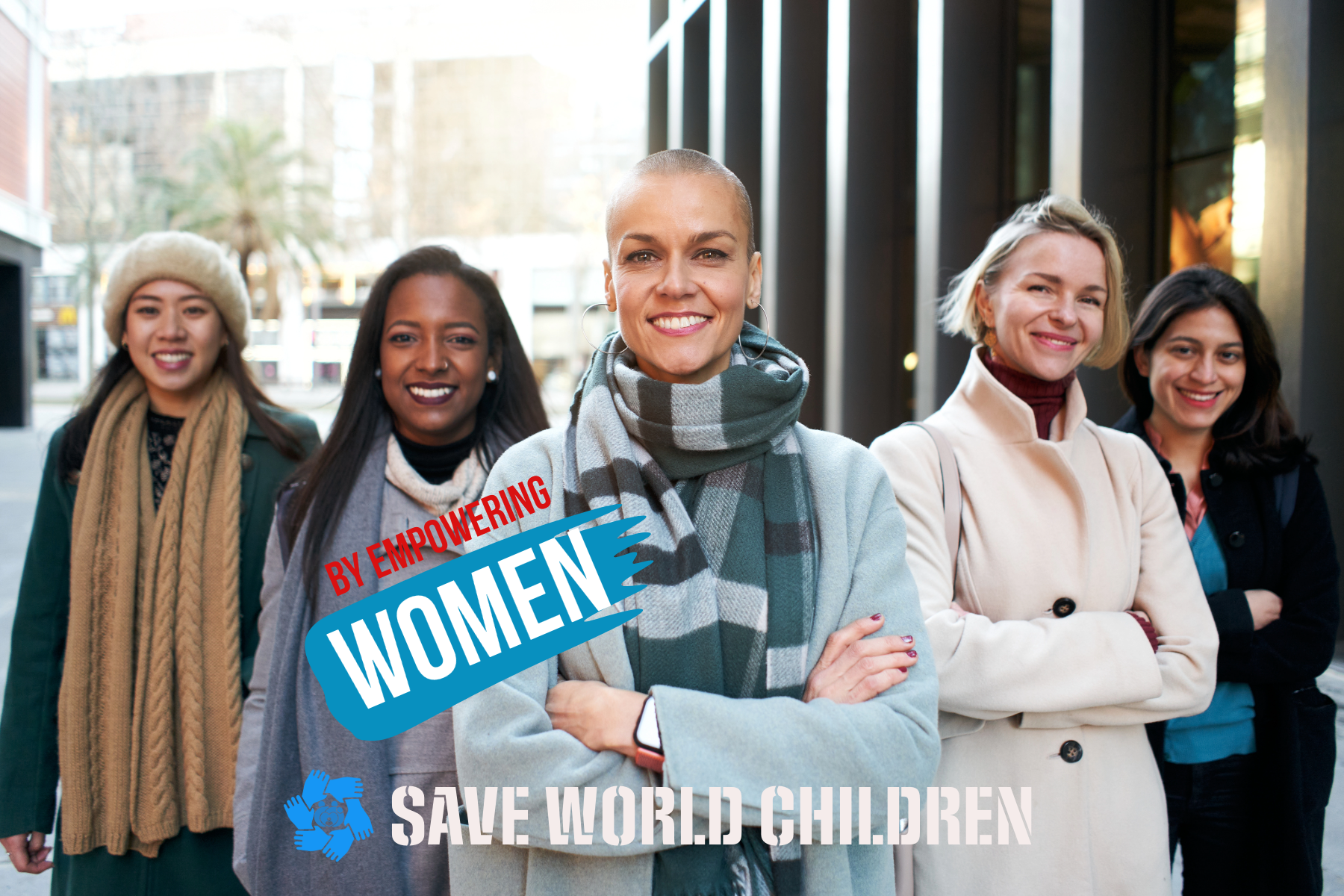Unleashing the Potential: How Women’s Empowerment is a Lifeline for Children Everywhere
Unleashing the Potential: How Women’s Empowerment is a Lifeline for Children Everywhere
The Power of Women’s Empowerment: A Catalyst for Change in Children’s Lives
Women’s empowerment is a powerful force that has the potential to transform the lives of children around the world. When women are empowered, they are better able to advocate for their children’s rights, access education and healthcare, and provide a nurturing and supportive environment for their children to thrive.
One of the key ways in which women’s empowerment can catalyze change in children’s lives is through education. According to UNESCO, when women are educated, they are more likely to send their children to school, leading to higher enrollment rates and improved educational outcomes for the next generation. In fact, studies have shown that for every additional year of education a mother receives, her child’s chances of survival increase by 5-10%.
Furthermore, women’s empowerment can break the cycle of poverty and inequality that often plagues children’s lives. When women have access to economic opportunities and resources, they can provide for their children’s basic needs, such as food, shelter, and healthcare. This not only improves children’s physical well-being but also enhances their cognitive development and overall quality of life.
Breaking Barriers: How Women’s Empowerment Transforms Children’s Futures
Women’s empowerment is not just about improving the present circumstances of children; it is also about breaking down barriers and creating a more equitable future for them. By challenging gender norms and stereotypes, women’s empowerment can pave the way for a society that values and respects the rights and potential of all children, regardless of their gender.
When women are empowered, they become role models for their children, showing them that they too can overcome obstacles and achieve their dreams. This can have a profound impact on children’s self-esteem and aspirations, inspiring them to pursue education, career opportunities, and leadership roles. For example, Malala Yousafzai, a young Pakistani activist for girls’ education, has become a symbol of hope and empowerment for millions of children around the world.
Moreover, women’s empowerment can lead to greater political representation and decision-making power, which can directly influence policies and programs that benefit children. When women have a seat at the table, their unique perspectives and experiences can shape policies that address the specific needs and rights of children, such as access to healthcare, protection from violence, and quality education.
Unleashing Potential: The Impact of Women’s Empowerment on Children’s Well-being
The impact of women’s empowerment on children’s well-being is far-reaching and multi-dimensional. When women are empowered, they are more likely to have access to reproductive healthcare and family planning services, leading to healthier pregnancies and reduced maternal and child mortality rates. According to UNICEF, if all women had access to reproductive healthcare, maternal deaths could be reduced by 73% and child deaths by 25%.
Furthermore, women’s empowerment can contribute to improved nutrition and food security for children. When women have control over resources and decision-making within the household, they are more likely to prioritize the nutritional needs of their children. Studies have shown that children of empowered women have better nutritional status and are less likely to suffer from malnutrition.
Empowering Women, Empowering Children: The Lifeline for a Brighter Future
Empowering women is not just a moral imperative; it is also a strategic investment in the future of children and societies as a whole. When women are empowered, they become agents of change, driving progress in their communities and beyond. As former UN Secretary-General Ban Ki-moon once said, “There is no tool for development more effective than the empowerment of women.”
By investing in women’s education, healthcare, and economic opportunities, we can unleash their potential to transform the lives of children everywhere. This requires a multi-faceted approach that addresses the structural barriers and discriminatory practices that hinder women’s empowerment. It also requires collaboration between governments, civil society organizations, and the private sector to create an enabling environment that supports women’s empowerment and ensures the well-being of children.
In conclusion, women’s empowerment is a lifeline for children everywhere. It has the power to break barriers, transform futures, and unleash the potential of both women and children. By investing in women’s empowerment, we can create a brighter future for all, where every child has the opportunity to thrive and reach their full potential. As Nelson Mandela once said, “Freedom cannot be achieved unless women have been emancipated from all forms of oppression.”




